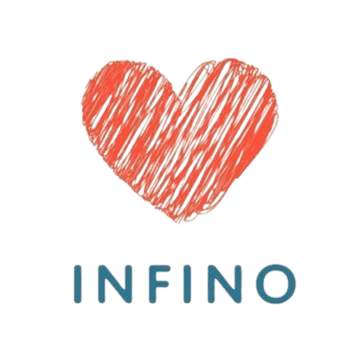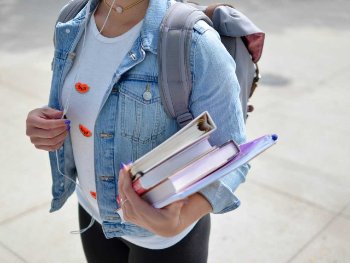Students
Living with a college student? Some advice for the parents...
This period is not only difficult for the students who are blocked. Parents also feel the pressure that their student experiences. Good news for all those parents: we developed a 'question trail' that effortlessly leads you to the right answer.
Read more






